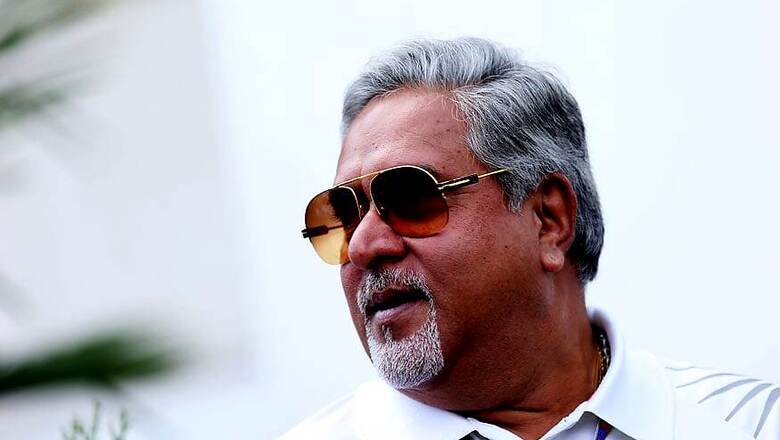
views
New Delhi: Britain on Tuesday took a step further in the process of extraditing liquor baron Vijay Mallya to India with Scotland Yard arresting him.
The extradition process from the UK involves a number of steps. Here is a look:
Step 1: Extradition request is made to the Secretary of State. In Mallya’s case, a formal extradition request as per Extradition Treaty between India and the UK was handed over to the British High Commission in New Delhi through a note verbale on February 8. This made its way to the Secretary of State
Step 2: Secretary of State certifies the request and sends it to courts. On February 21, when the secretary of state certified India’s request for extradition of Mallya and sent it to the Westminster Magistrates' Court for a district judge to consider issuing a warrant.
Step 3: Judge decides whether to issue a warrant for arrest.
Step 4: The person wanted is arrested and brought before the court and the judge sets a date for the extradition hearing. Mallya was arrested on Tuesday and produced before the Westminster Magistrates' Court for a preliminary hearing after which he was given bail. The date for next hearing is May 17.
Step 5: Extradition hearing begins and judge must be satisfied by these four conditions.
A. Conduct amounts to an extradition offence (dual criminality)
B. None of the statutory laws barring extradition apply.
C. There is prima facie evidence of guilt (in accusation cases).
D. Whether extradition would breach the person’s human rights.
Step 6: Judge sends the case to the Secretary of the State for decision after being convinced that all of the procedural requirements are met. The accused can be appeal the decision in the high court
Step 7: If the High Court rules against the accused, an appeal can be filed in the Supreme Court against the decision. Extradition is prohibited if:
A) The person could face the death
B) If the person is prosecuted for offenses other than the offences for which they have been extradited
C) The person has already been extradited to the UK from a third state or transferred from the international criminal court
Step 8: if none of these prohibitions apply, the secretary of state formally orders extradition.




















Comments
0 comment